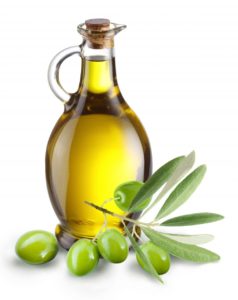 A recent study was good news for those wishing to lower their chances of developing heart disease (cardiovascular disease) without the use of medications. Instead, focus on the foods you eat, specifically those in a Mediterranean-style diet.
A recent study was good news for those wishing to lower their chances of developing heart disease (cardiovascular disease) without the use of medications. Instead, focus on the foods you eat, specifically those in a Mediterranean-style diet.
The Univ. of Sydney researchers did an analysis of 16 existing studies (with 722,495 women) and found that women following a Mediterranean diet lowered their odds of developing heart disease by 24% and lowered their risk of early death by 23%.
In this study, a Mediterranean diet meant eating a diet rich in fruits, vegetables, whole grains, legumes, nuts, seeds, extra virgin olive oil. Moderate amounts of seafood, low to moderate in wine consumption, and low in red/processed meats, dairy products, animal fat, and processed foods.
Why is the Mediterranean diet beneficial? The diet focuses on whole foods that are also rich in fiber, antioxidants, has an increased intake of all sorts of nutrients (vitamins, minerals, flavanols, etc.), less oxidative stress, it's anti-inflammatory, reduced glycemic load, boosts the immune system, and feeds the beneficial microbes in our gut microbiome.
Interestingly, studies find that frequent consumption of extra virgin olive oil (EVOO) lowers the risk of death from several diseases (heart disease, cancer, neurogenerative disease, and respiratory disease), lowers the incidence of breast cancer, and promotes healthier brain aging. A Mediterranean diet is associated with numerous health benefits (e.g., lower dementia risk) besides a lower heart disease risk.
These findings are important because heart disease is the leading cause of death globally, according to the World Health Organization. According to the CDC, it is the number 1 killer of women in the United States.
From Medical Xpress: Mediterranean diet cuts women's cardiovascular disease and death risk by nearly 25%, finds study
Sticking closely to a Mediterranean diet cuts a woman's risks of cardiovascular disease and death by nearly 25%, finds a pooled data analysis of the available evidence—the first of its kind—published online in the journal Heart. ...continue reading "Study Finds Mediterranean Diet Lowers the Risk of Developing Heart Disease In Women"

 Once again research finds health benefits from consumption of olive oil. A recent
Once again research finds health benefits from consumption of olive oil. A recent